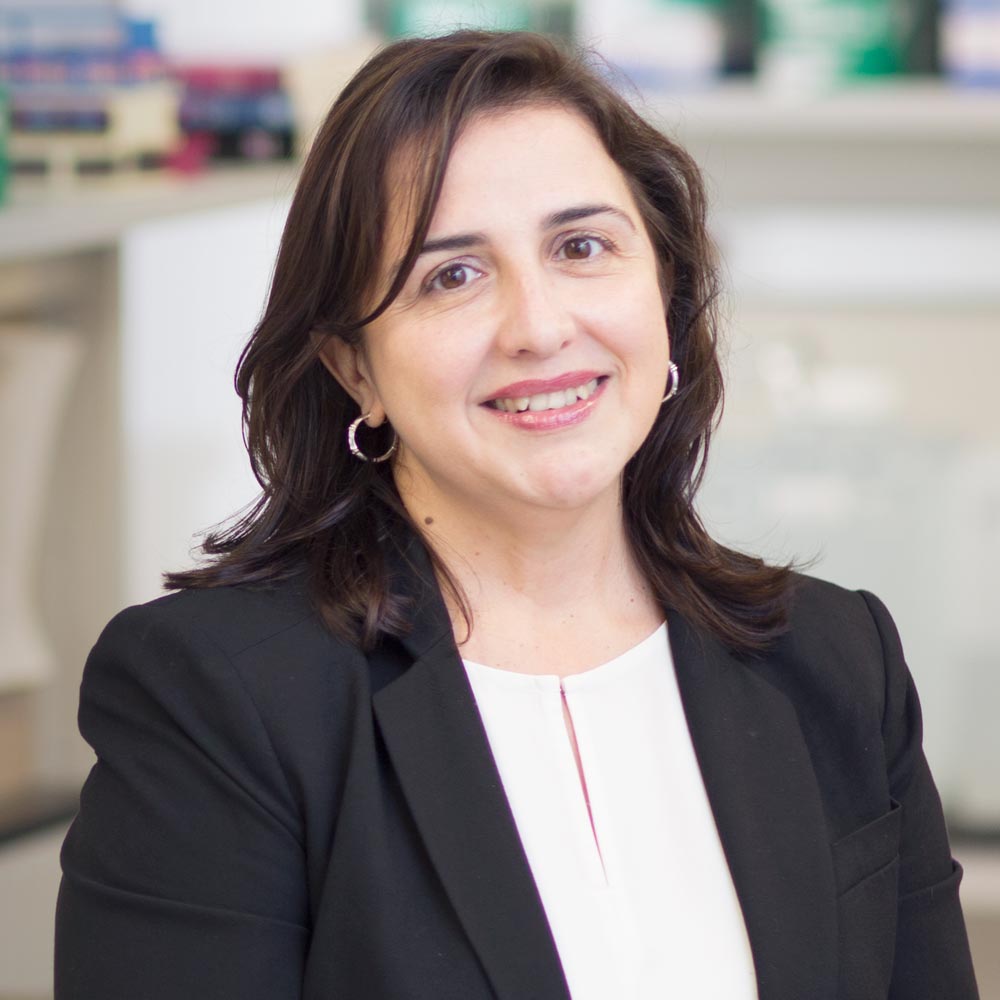
Melanoma Specialized Program of Research Excellence
In recognition of the pioneering work led by cancer researchers at NYU Langone Health, Perlmutter Cancer Center and the Ronald O. Perelman Department of Dermatology received a prestigious Specialized Programs of Research Excellence (SPORE) grant from the National Cancer Institute to design novel tools that predict whether immunotherapies will effectively treat patients with melanoma.
Led by principal investigator Iman Osman, MD, NYU Langone’s melanoma SPORE aims to address the urgent need to develop and validate clinically useful, personalized biomarkers to optimally administer immune checkpoint inhibition therapies in the adjuvant setting.
Melanoma SPORE Projects
Our program includes four translational research projects:
- Project 1: Defining predictive biomarkers in the blood and microbiome in stage-III/IV resected melanoma patients receiving immune checkpoint inhibition in the adjuvant setting
- Project 2: Genomic profiling of the T-cell regulome in stage-III/IV resected melanoma patients treated with adjuvant immune checkpoint inhibition
- Project 3: Predicting immune-related toxicity in stage-III/IV melanoma patients treated in the adjuvant setting with checkpoint inhibition
- Project 4: Optimizing the clinical management of stage-II melanoma patients using tumor miRNA
Cores
The four projects are supported by three shared resources:
- Core A: Administration
- Core B: Biospecimen Procurement and Utilization
- Core C: Biostatistics and Bioinformatics
Career Enhancement Program
The career enhancement program will select, support, and guide individuals focused on becoming leading translational researchers in melanoma. The program will support outstanding candidates for up to two full years with financial assistance and academic guidance.
Developmental Research Program
Focusing on innovation, the developmental research program will support the development of “high-risk, high-reward” investigations in melanoma and encourage proposals for novel approaches to screening, diagnosis, prognosis, prediction, and treatment of melanoma.








